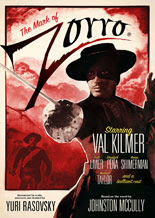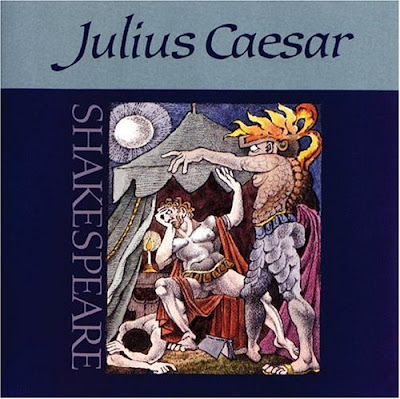 Devil in a Blue Dress
Devil in a Blue DressEasy Rawlins Mysteries, Book #1
by Walter Mosley
narrated by Michael Boatman
Ⓟ 2009, Audible. Inc.
5.60 hours
Ezekiel "Easy" Rawlins, a black WWII vet who has relocated from Houston to L.A., finds himself without a job; but with a mortgage to pay. Enter DeWitt Albright, a white man of suspect ethics who offers Easy a paying job: to locate Daphne Monet, a white woman who is known to frequent black jazz clubs; but who has disappeared with $30,000 in cash. The story is embroidered with black history, post war US history and, issues regarding race and prejudice. The writing is descriptive and nearly pedantic; but overall the plot is solid if without any real surprises.
Michael Boatman, noted TV actor (Pvt. Samuel Becket in "China Beach" and Carter Haywood on "Spin City" to name but two memorable roles) is the narrator of Devil in a Blue Dress. He does a good job of drawing up distinctive voices for the differing characters, both male and female and, using parenthetical interpretation to denote interior thought (versus spoken lines.) Overall, however, the narration lacks liveliness and shape. The narrator's evenness in tone and pace regardless of the scene renders the whole of the story neutered of tension or excitement.
Meh.
Easy Rawlins was caught between a rock and a hard place (no job, a mortgage to pay and a job offer from a shady character.) Even given assurances that every thing was on the up and up relatively speaking, he had his suspicions about DeWitt Albright's motivations; but took the job anyway. I could sympathize to a certain, albeit nominal degree: In the late eighties, the country was in a recession and work was hard to come by and getting harder. I had bills to pay and ended up being a telemarketer. While I worked for a legitimate company and there was nothing illegal in what I doing, it never sat well with me. It was just too... skeevy.
Have you ever done something "not quite right" just to pay the bills?
Other Stuff: Devil in a Blue Dress (Easy Rawlins Mysteries, Book #1; by Walter Mosley; narrated by Michael Boatman) qualifies for:
- The 2012 Audio Book Challenge hosted by @teresasreading at Teresa's Reading Corner:

I purchased a digital dnload copy of Devil in a Blue Dress (Easy Rawlins Mysteries, Book #1; by Walter Mosley; narrated by Michael Boatman) from Audible, Inc. I receive no monies, goods or services in exchange for reviewing the product and/or mentioning any of the persons or companies that are or may be implied in this post.




























